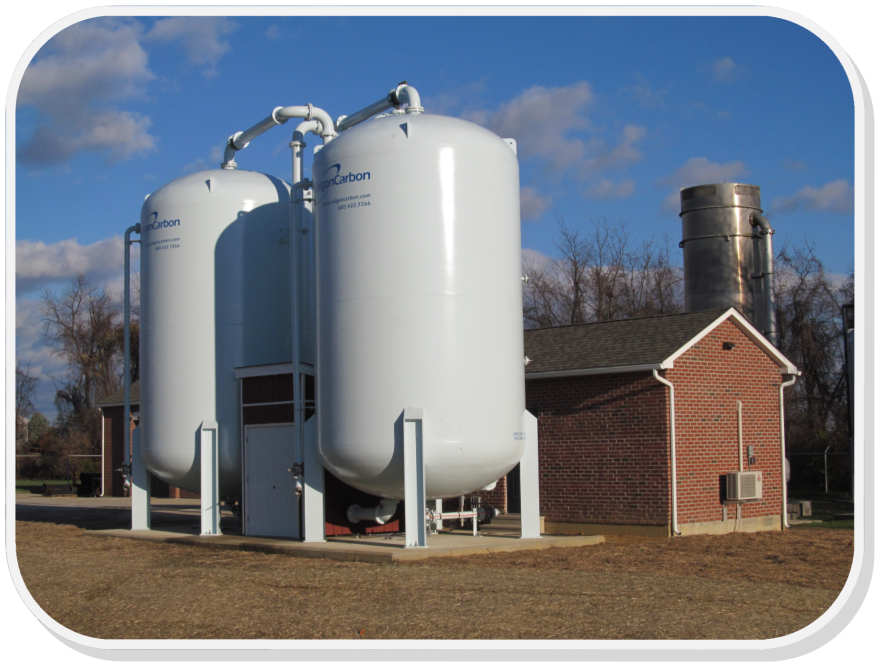The Town of Blades is the third site in Delaware to have high levels of chemical compounds called PFCs since 2014, but the first of these three where residents were told not to drink their tap water as the state works to resolve the issue.
High levels of perfluorinated compounds, or PFCs, were found in the City of New Castle in 2014 and Dover Air Force Base in 2015. These compounds are present in things like cookware and microwave popcorn bags.
New Castle’s PFCs ranged from 94 parts per trillion to 2300 parts per trillion, according to New Castle Municipal Services Commission. The city quickly shut down its wells and connected to Artesian Water Resources nearby, said Jay Guyer, New Castle water supervisor.
“Since Artesian’s water supply is in the same aquifers as our water supply, the water quality is very consistent,” Guyer said. “It’s pretty much a transparent change when we go from our system to their system and purchase water.”
New Castle residents were informed about the change, but they weren’t advised to not drink their tap water, like residents in the Town of Blades. New Castle got a carbon filtration system, just like the one being tested in Blades now, that can remove contaminants from the water
"We received less than a dozen specific calls from individuals who were concerned," said Pam Patone, the general manager of the municipal services commission. "We were able to provide them with further information."
Artesian Executive Vice President and Corporate Secretary Joe DiNunzio said it’s because New Castle is on an interconnected water system that the city was able to avoid any issues with its drinking water. The situation in Blades is different, he said.
“Blades has no alternative source of supply,” DiNunzio said. “If, for instance, they had an interconnection under the river with Seaford, they wouldn’t have had an issue. They would’ve been able to shut down and go to Seaford.”
Delaware’s Department of Natural Resources and Environmental Control and Division of Public Health are in the process of testing Blades’ new carbon filtration system. Officials say residents could see "black flecks" in their water while the system is tested, but these pose no health risk.
Residents can still use their tap water to wash dishes, bathe and do their laundry.
The state said residents should be able to drink their tap water again in about a week. They can still fill up their own containers with water provided by the Delaware National Guard at the Blades Fire Hall.
Town administrator Vikki Prettyman said personnel will flush the town's water system on Monday to get the water not treated with carbon out and put the carbon treated water in so it flows through everybody's taps.
The state is also working with the U.S. Environmental Protection Agency to sample private wells near the Town of Blades to see if there are PFCs present that are above 70 ppt. That’s the EPA’s declared health advisory level based on the fact that high levels and long term exposure to PFCs can cause cancer and affect the immune system.
The cause of the PFCs in Blades or how long they've been present is still unknown, but DNREC sampled the town's three wells because of nearby plating operations. Investigations into PFCs in Blades and New Castle are still ongoing.







